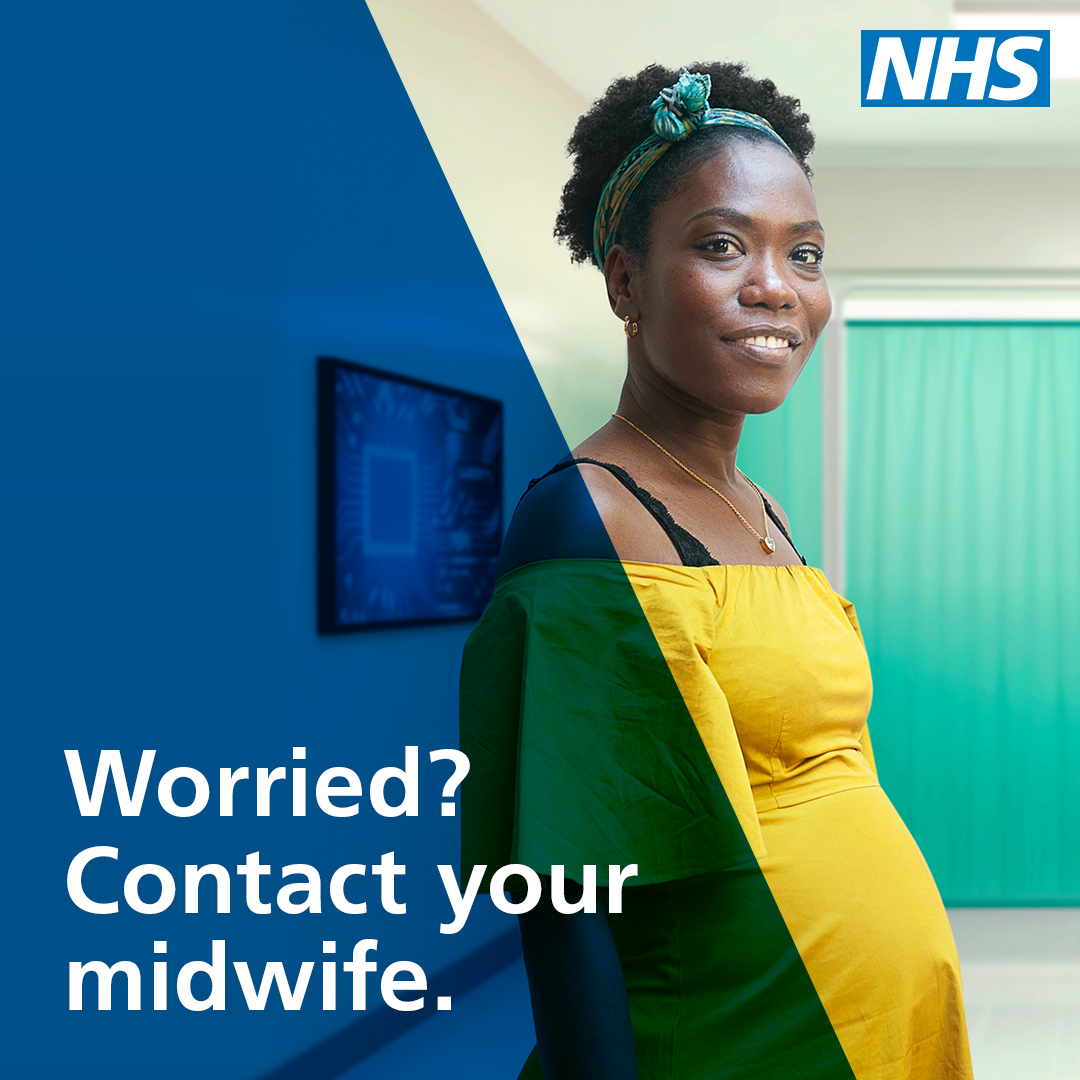







As a pregnant woman from a Black, Asian or minority ethnic (BAME) background, you may feel worried about coronavirus. Your local maternity team is still here to help you, so contact them as you would normally. They will be working together with you and providing you with extra support during this unprecedented time.
Some studies suggest that BAME pregnant woman are more likely to be admitted to hospital with coronavirus than white women, so maternity services have been asked to take extra precautions to keep you safe, which includes prioritising your care and access to services.
It is also important that you take extra steps to protect yourself and follow the advice about how to avoid getting coronavirus. If you think you have coronavirus then alert your maternity team and they will advise you about what to do next.
Remember to attend all your antenatal appointments and seek help early from your midwife or maternity team if you have any concerns about your health or your baby’s health. Get help early so you have the best chance of recovery.
Keep up-to-date with all the latest coronavirus pregnancy and birth advice at www.nhs.uk/pregnancy-and-coronavirus, which has links to helpful resources; including a range of topical videos and leaflets and an animation (see direct links below). Alternatively contact NHS111 or in an emergency dial 999.
Leaflets
A series of NHS coronavirus leaflets for pregnant women and new mums, which have been translated into 11 different languages
Topics include: –
Animation
A helpful animation has been produced and features the Chief Midwife for England, Prof Jacqueline Dunkley-Bent, and National Clinical Director for Maternity, Matthew Jolly. They explain how NHS maternity services have changed during this time and why it is important to keep in touch with your maternity team.
Videos
In addition to the above leaflets, the NHS has collaborated on a series of videos with the ‘Baby Buddy’ app, supported by charity Best Beginnings, to help remind pregnant women about some of the issues that they need to look out for when pregnant. These are especially relevant to women from Black, Asian and minority ethnic backgrounds and both the app and charity have further resources to support diverse audiences.
Jaundice in newborn babies – don’t hesitate to alert your maternity team if you are concerned: